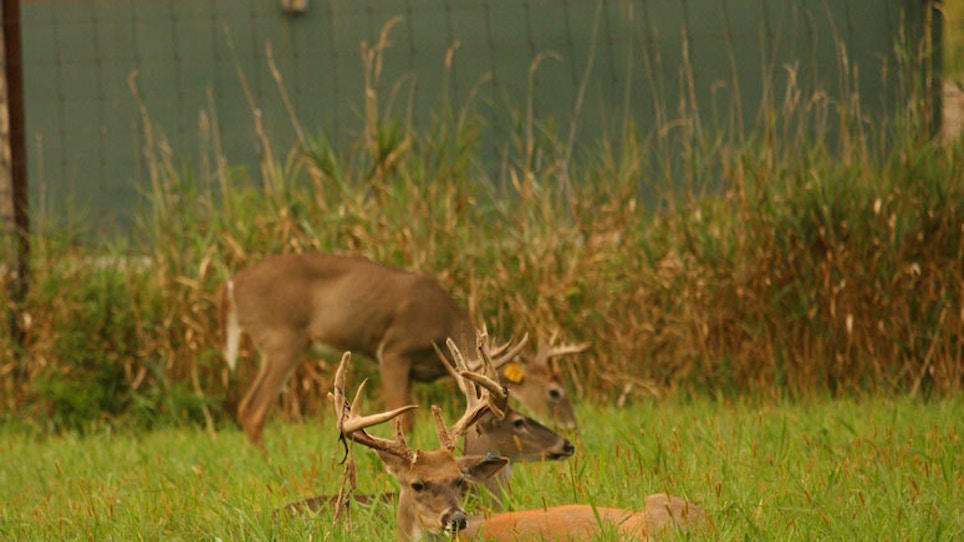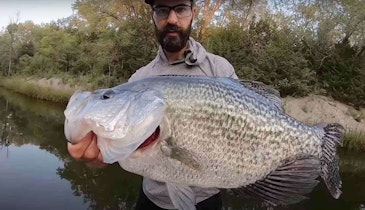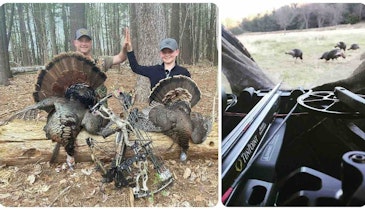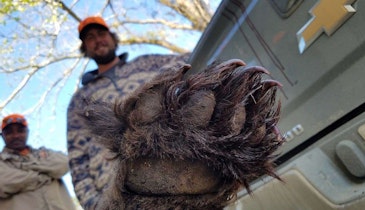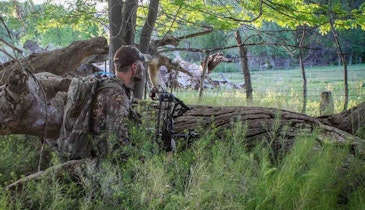FORT WAYNE, Ind. (AP) — A trade group for Indiana's high-fenced deer-hunting preserves has launched a voluntary self-policing program aimed at cleaning up the industry's reputation.
Gary Jacobson, chairman of the Indiana Deer and Elk Farmers Association, told The Journal Gazette that hunting preserves validated by the Indiana Deer Advisory Council will meet certain requirements for safety, fair chase and record keeping.
“Hunting preserves have been unfairly vilified and this is our opportunity to display that we are more than willing to operate in a safe, legal and ethical manner,” he said.
The association has pushed for years in the General Assembly to legalize the hunting of white-tailed deer in the high-fenced preserves. The state Senate in April narrowly voted down a bill that would have legalized such preserves and set up licensing and inspection processes.
The preserves aren't regulated in Indiana after the state Court of Appeals ruled this year that the Indiana Department of Natural Resources overstepped its authority in trying to shut them down.
The Indiana Deer Advisory Council said its validation program will be similar to the Pork Quality Assurance Plus program. The group will issue annual hunting validations to owners who apply and prove program requirements have been fulfilled.
Those requirements have not yet been set but council spokesman Matt Long said they will focus on acreage minimums, fence height and fair chase rules.
Barbara Simpson of the Indiana Wildlife Federation said she hopes the Legislature establishes limits and rules.
“But from a sportsmen point of view, we are never going to be comfortable with it,” she said.
Simpson said the wildlife federation has concerns about the deer not having a chance to escape the fence and the fear of spreading disease.
“We hope it would be standard that people would be performing in ethical ways,” she said.
The deer advisory group has had only one meeting so far but plans to meet every two weeks to straighten out any problems that arise during its startup period.
___
Information from: The Journal Gazette, http://www.journalgazette.net
